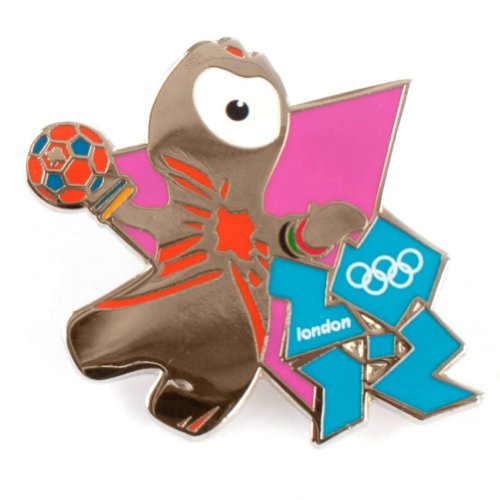John Ryan took the risk of offering some forecasts before it all started; I will now try to make it a little bit easier for myself by commenting after all the teams have played one game each. Of course, it is not always so easy to judge a lot from the very first game, because ‘nerves’ or other reasons for an untypical start may make it misleading. But some facts remain: for instance, the IHF’s weird seeding methods clearly have created one exciting and one more boring group for both the men and the women.
John did not seem so optimistic about our PanAmerican representative on the women’s side, viz. Brazil. But they cannot be so bad when they defeat Croatia despite seemingly trying every method to ‘give the game away’. — Russia almost seemed to have the same mindset, but they were able to hold off Angola even though the game was tied 10 minutes before the end. Should we believe that the Angolans are better than expected and could cause trouble for, say, Croatia or Montenegro? — It is unlikely that many of the British spectators understood how surprisingly respectable the British team effort was in the 19-31 loss against Montenegro. At times they looked quite good, but in many situations their relative lack of experience did them in. Lost balls, crazy shots and other mistakes were costly. But they are clearly not going to be an embarrassment.
In the other group, the revelation was that the Koreans seem to follow their tradition of always coming extremely well prepared and focused on the Olympic Games. They had no problems in taking charge of the game against Spain. — Denmark and Sweden played a rather mediocre game, where Sweden squandered a three-goal half-time lead through an absolutely miserable second half. It is difficult to see any of these two teams as a medal candidate, especially after having watched the final game of the day. — Here Norway and France, all in all, played a game at a higher level, with a fast pace and strong individual performances. The final result, 24-23 to France, does not really explain what happened. Norway gave away the game in the early going by falling behind 1-6. This was too big a handicap. At one stage in the second half, however, the Norwegians seemed to explode into an incredible comeback. But all they managed to do was to get the goal difference more respectable. Who knows, perhaps these two teams will meet again sometime next week.
In Men’s group A, the ‘easy’ one, Iceland and Argentina had the morning game, which evolved into a ‘run and gun’ battle. The goalkeepers had a tough task, but a key performance was provided by Icelandic back-up Gudmundsson. Olafur Stefansson was perfect from the 7-meter line. In the end, their greater accuracy and experience allowed Iceland to pull away, to the delight of their fans which included the country’s President. — Tunisia showed some glimpses and cannot be taken lightly, but it is clear that Tej, Hmam and Meganneh are getting on in age. The new revelation was tall, 21-year old Jallouz, an ‘Abalo type’. In the end, Sweden’s very diversified offense was enough, especially combined with a strong effort from Mattias Andersson in goal and an alert Doder. — The British team could have had a gentler draw; France as opponents in the opening game must feel a bit overwhelming. But the Brits kept it to 5-8 during the first 15 minutes, before the French team, without playing their best line-up, turned up the pace and got 21-7 at half-time. The second half continued much in the same way and led to a final result of 44-15.
The Koreans did not have the stature or strength to match up well against the forceful Croatians. It is probably premature to judge after just this game, but one wonders if perhaps this is the moment of a Croatian comeback, where the younger generation teams up successfully with Balic/Vori/Lackovic. — Spain-Serbia turned out to be as thrilling as one had expected, at least for about 55 minutes. After Hombrados unexpectedly had had to enter to replace an injured Sterbik, the Serbs had pulled away to a four-goal half-time lead. But then it was back and forth between a tied game and a narrow lead for Serbia in the second half, until two alert interceptions and fast-break goals seemed to demoralize the Serbs. From 18-20 it went to 24-20 in favor of Spain in six minutes. The game was not exactly elegant; instead it was characterized by wrestling, clumsy offensive fouls and technical mistakes. — In the third match in the ‘group of death’ we had Denmark against Hungary. This also tends to highlight a duel between Mikkel Hansen and Laszlo Nagy, but that duel today became anticlimactic. Hansen was overshadowed by several teammates, especially Mogensen and Eggert. Nagy was mostly noticed for being benched after two 2-minute suspensions, and then at the very end two costly turnovers. After 15-20 minutes the Danish ‘machine’ had gotten warmed up and a deficit was turned into a half-time lead 13-10. But in the second half the Hungarians soon caught up. The result was 25-25 shortly before the end, but then the Danes scored the final two goals of the game.

